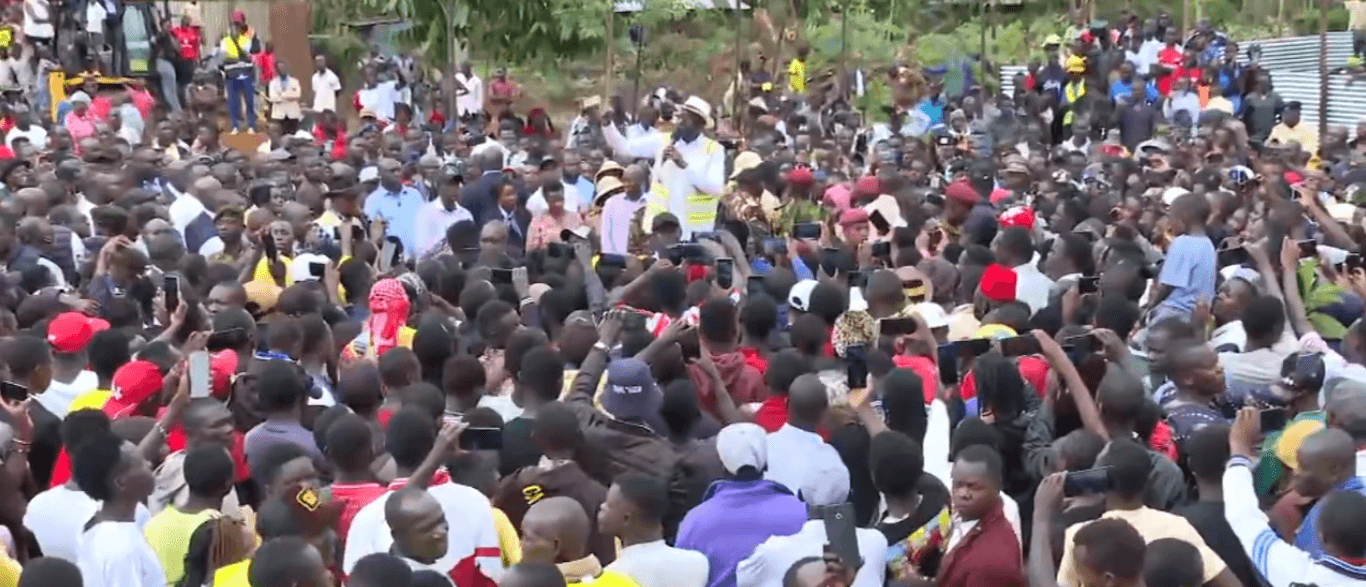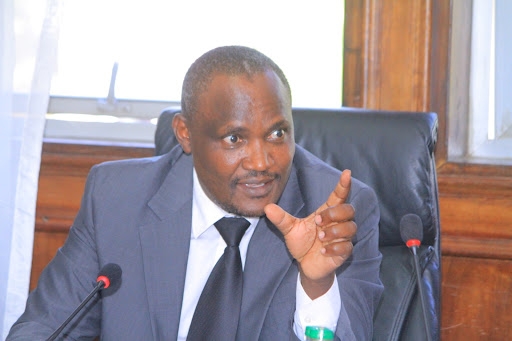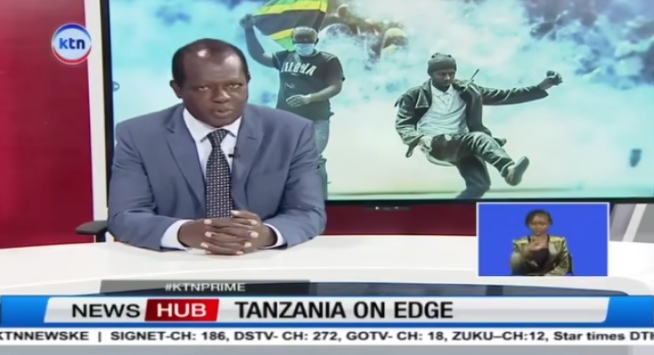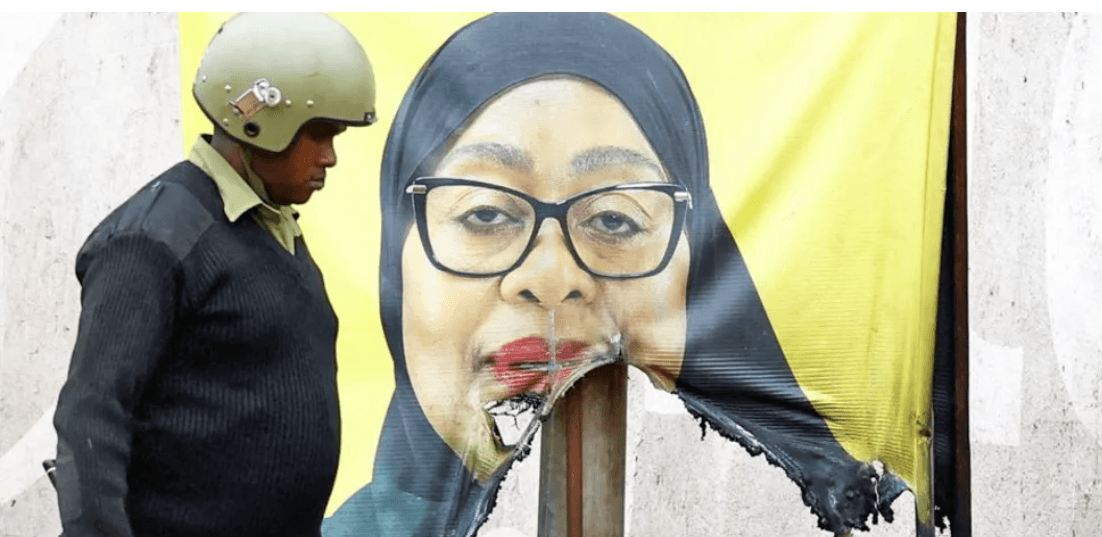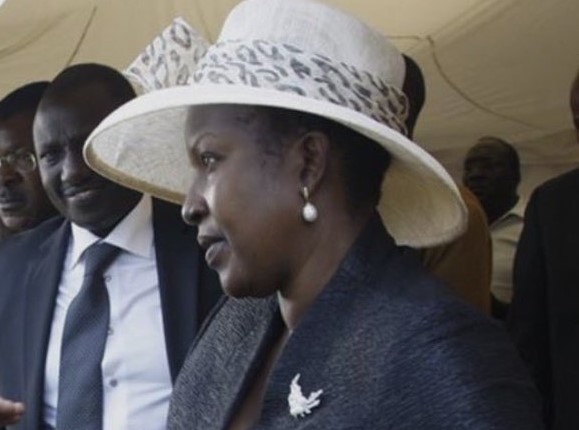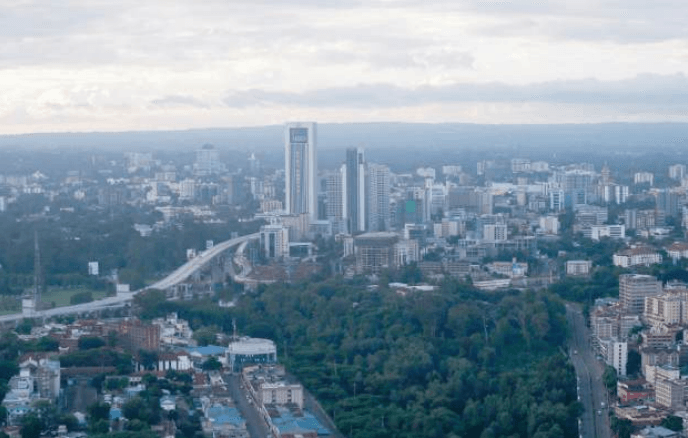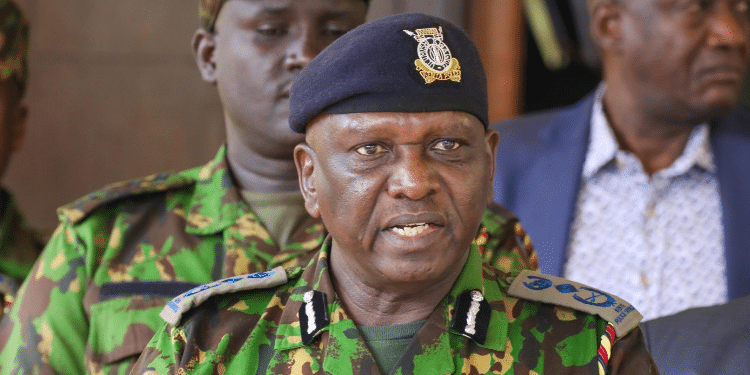Let’s start with a joke:
What’s a politician’s favourite magic trick?
"Turning campaign promises into thin air."
It’s funny because it’s true.
Any Kenyan will tell you that we live in an era where politicians routinely lie, distort facts and mislead the public without fear of consequence.
Some will say it’s naïve to worry about politicians lying. After all, isn’t dishonesty part of the job? Aren't lies a core feature of what is referred to as “post-truth politics” where leaders seek to shape public opinion through a medley of lies, half-truths, innuendos and empty verbiage that they can double down on sans evidence or take back at any time they wish?
This cynicism ignores the psychic anguish inflicted on a society when its leaders repeatedly betray the public trust. Lies may not seem to harm us immediately but they do chip away at our collective sense of reality, undermine faith in institutions and breed a culture of distrust that slowly but surely turns an otherwise promising nation into a counterfeit version of itself. This often has dangerous and unforeseen consequences.
The Chernobyl nuclear disaster is a tragic example of how political lies can spiral into catastrophe. In 1986, Soviet officials, prioritising political and ideological expediency over honesty, ignored warnings, suppressed vital information and kept their citizens in the dark. The human and environmental toll was magnified by a government more concerned with preserving its image than with protecting its people.
Kenyans are no strangers to living under a fog of lies from official sources. Words like “corruption,” “integrity,” and “tribalism” have become neutered by the leaders who claim to uphold them. Few things are more galling than watching a leader with a decades-long record of corrupt practices lecture the nation about “fighting corruption.”
The worst part of such obvious misrepresentations is how they consume resources like time, money and attention that could be better spent addressing real issues. Every time a politician tells a blatant falsehood, journalists, fact-checkers and concerned citizens have to expend energy debunking it.
It’s a vicious cycle; the lie is told, the media coyly pushes back, the liar doubles down and the public, already weary of endless back-and-forths, tunes out. Meanwhile, urgent national issues like soaring inflation, rampant youth unemployment, public sector strikes and the glaring deficiencies in our education and healthcare systems are being pushed to the sidelines.
To break this cycle, it's time for the Kenyan media to adopt a more assertive approach in holding politicians accountable, especially those who have long exploited the so-called “liar’s dividend”. Eager for sensational headlines and posts to drive up engagement on social media, politicians are too often given free rein to spew unvetted claims.
This must stop. The media is not a passive observer but a gatekeeper that determines what enters the public discourse. We must collectively envision a world where every false claim is promptly countered with fact-based reporting that exposes the lie a politician is attempting to hide behind.
For instance: "The governor, without evidence, claimed the overseas scholarship scandal was a plot by his political rivals," or “The Cabinet secretary provided no data to back his assertion that unemployment had decreased by 20 per cent in the last year” or "The president offered no proof to support his accusations against the Ford Foundation."
Calling out lies as they happen is not a partisan act but a democratic responsibility. When the media fails to hold politicians accountable, it becomes complicit in the erosion of truth. Every lie left unchallenged allows the next one to take root more easily. As lies multiply, so too does the public’s disillusionment with the institutions that are supposed to serve them.
The Kenyan media must therefore take up the mantle of defending our shared reality with renewed vigour. This is not an easy task in an era where disinformation spreads faster than ever but it is a necessary one. By doing so, they will not only protect the integrity of our democracy but also ensure that future generations inherit a country where leaders are held to a higher standard.


